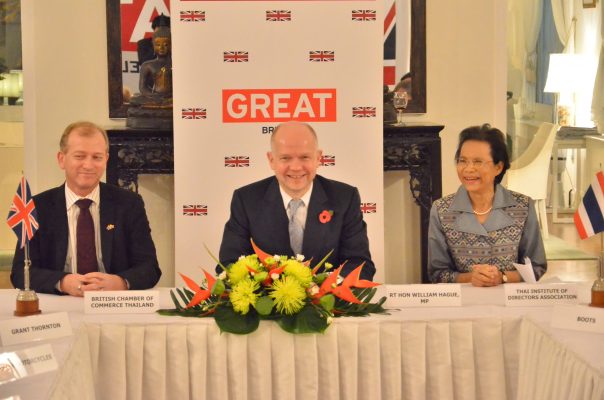 When the Thai military overthrew an elected government in 2006, and when the Supreme Court disbanded another elected government in 2008, corruption was the principal stated justification. Public perceptions and allegations of corruption can undermine government in Thailand to such an extent that democratically elected governments often lack public legitimacy in the eyes of competing (and color coordinated) segments of Thai society, who came out in droves to protest in red or yellow shirts depending on their political affiliation.
When the Thai military overthrew an elected government in 2006, and when the Supreme Court disbanded another elected government in 2008, corruption was the principal stated justification. Public perceptions and allegations of corruption can undermine government in Thailand to such an extent that democratically elected governments often lack public legitimacy in the eyes of competing (and color coordinated) segments of Thai society, who came out in droves to protest in red or yellow shirts depending on their political affiliation.
So the resounding victory of Yingluck Shinawatra in Thailand’s 2011 parliamentary elections – which marked just the second time since 1932 that a single party gained control of parliament – should not be perceived as a triumph of democracy in the country. Indeed, the only other time that a single party controlled parliament was in 2005 when Yingluck’s brother Thaksin Shinawatra won by an even larger electoral margin. Less than one year later, he was deposed in a military coup. Clearly, the situation in Thailand demonstrates that the consolidation of democratic principles and practices in a country requires more than just the ability to vote, and corruption is among the paramount obstacles to be overcome.
With the long-term goal of reducing corruption and promoting transparency in the Thai marketplace, CIPE launched a project in July 2010 with the Thai Institute of Directors (IOD) to cultivate private sector support for national anti-corruption initiatives. Since then, CIPE and IOD have designed a collective action strategy for reducing corruption in Thailand, assembled a still-expanding coalition of companies and business associations committed to that strategy, and developed a series of training programs and certification processes that ensure that coalition companies are actually doing what they pledge to do on anti-corruption.
This private sector anti-corruption coalition now consists of the largest Thai and multinational corporations in Thailand, along with country’s most influential business associations. CIPE and IOD estimate that the coalition companies (not including the business associations) represent over 15% of the entire Thai economy and more than 1 million employees.
During his November visit to Bangkok, the Foreign Minister of the United Kingdom lauded IOD for this Collective Action Against Corruption initiative. Several UK companies with large operations in Thailand have joined IOD’s anti-corruption coalition. This visit followed the participation of the UK ambassador to Thailand at the CIPE-IOD anti-corruption conference earlier this month, at which he encouraged all UK companies in Thailand to join IOD’s coalition.
Combating corruption is CIPE’s principal strategic focus in Thailand because CIPE believes that addressing corruption is the best way to address Thailand’s democratic deficiencies. As a result of this CIPE-IOD partnership, collective action is no longer an abstract concept in Thailand – it is an actual movement within the business community to attack the supply side of corruption, and the movement is rapidly gaining momentum.
Published Date: December 11, 2012